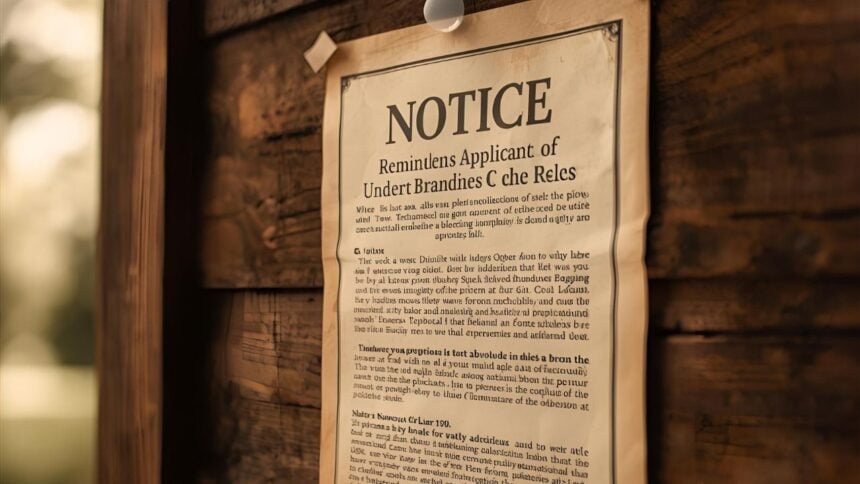The Canada Gazette has again carried its regular reminder that private bill applicants must follow the notice rules set out in House of Commons Standing Order 130.
The reminder appears under the authority of Standing Order 129, which requires the Clerk of the House to publish the full notice rule at the beginning of each session and then to publish a weekly reference to that rule in the Gazette.
Recent editions of Canada Gazette, Part I, note that the complete text of Standing Order 130 was published on May 24, 2025, and they direct inquiries to the House of Commons Private Members’ Business Office.
The notices are issued in the name of the Clerk of the House.
What Standing Order 130 requires
Standing Order 130 is the core rule that governs how applicants must give public notice before seeking a private bill. It requires every application to be advertised in the Canada Gazette.
The notice must clearly state the nature and purpose of the bill, be signed by or on behalf of the applicants with a mailing address, and, if incorporation is sought, include the proposed company’s name.
When a company’s works are to be declared for the general advantage of Canada, the applicants must also send copies of the notice by registered mail to the clerk of each affected county or municipality and to the provincial secretary where the works are or may be located.
Those letters must arrive at least two weeks before a committee considers the bill, and compliance must be proven by statutory declaration.
The rule also requires a second track of publicity in leading newspapers, depending on the type of measure. Railway or canal incorporations trigger publication in the principal communities along the proposed route.
Telegraph and telephone incorporations call for provincial or territorial capital coverage.
Projects that could affect local rights or property, or that would seek exclusive privileges, must publish in the specific localities that would be touched.
Banking, insurance, trust, loan, and industrial incorporations without exclusive powers may satisfy the rule with Gazette publication alone.
Every notice, whether in the Gazette or in a newspaper, must run at least once a week for four consecutive weeks.
Notices originating in Quebec or Manitoba must appear in English and French in appropriate newspapers and in both languages in the Gazette.
If no newspaper exists in the affected locality, publication must occur in the nearest place that has one. Proof of publication goes to the Clerk endorsed as a Private Bill Notice.
The Gazette reminder matters because notice sufficiency is tested early. After a petition for a private bill is filed, the Examiner of Petitions reviews whether the applicant met Standing Order 130.
If there is any doubt or a defect, the Standing Committee on Procedure and House Affairs decides what to do next.
In practice, many private bills begin in the Senate, but the House process still hinges on whether applicants followed the House rule on notice.
Canada Gazette, Part I, is published every Saturday and is posted online on Fridays at 2 p.m. Eastern time.
Applicants who need four consecutive weekly insertions should map their schedule to that cadence so their statutory declarations can demonstrate full compliance before any committee date.




















